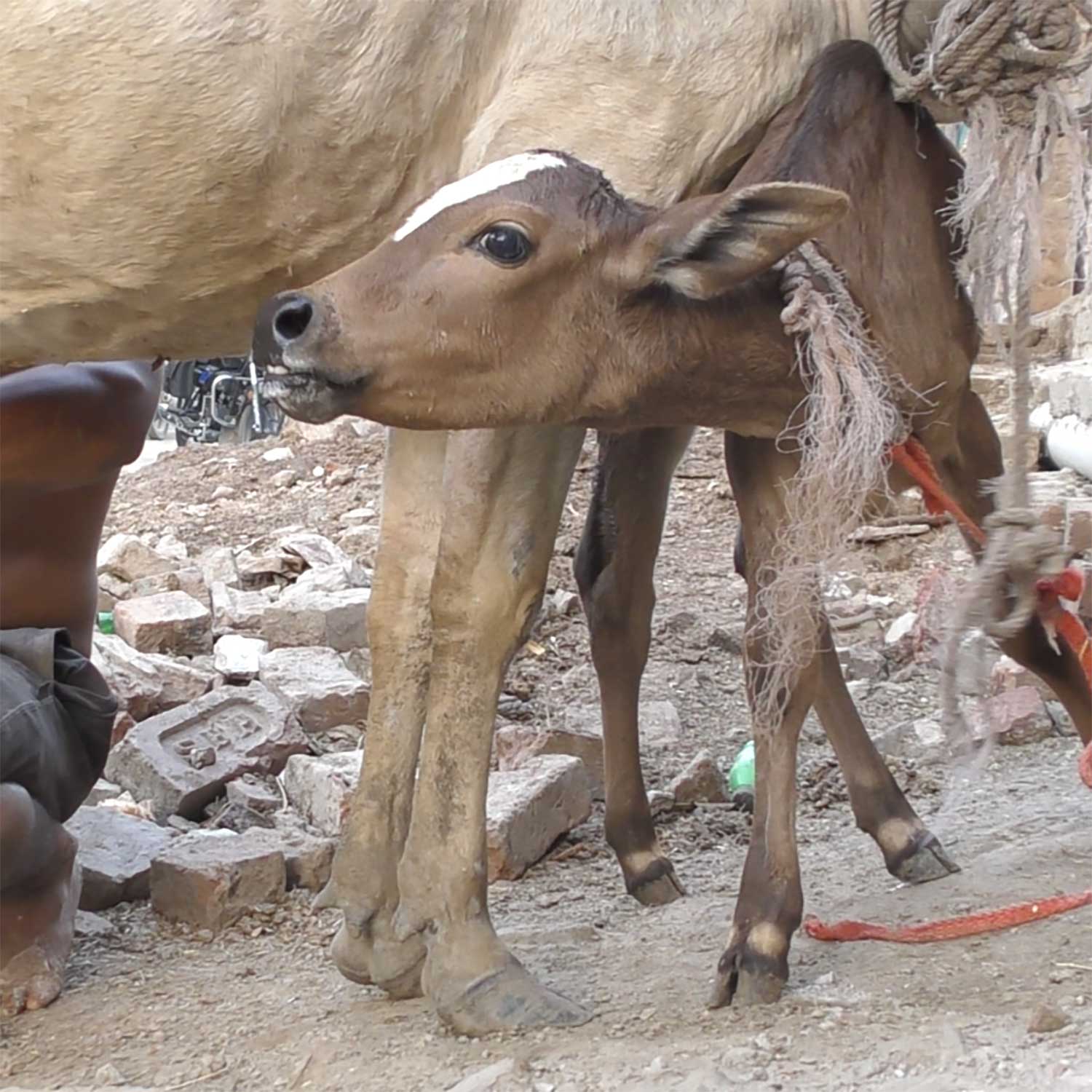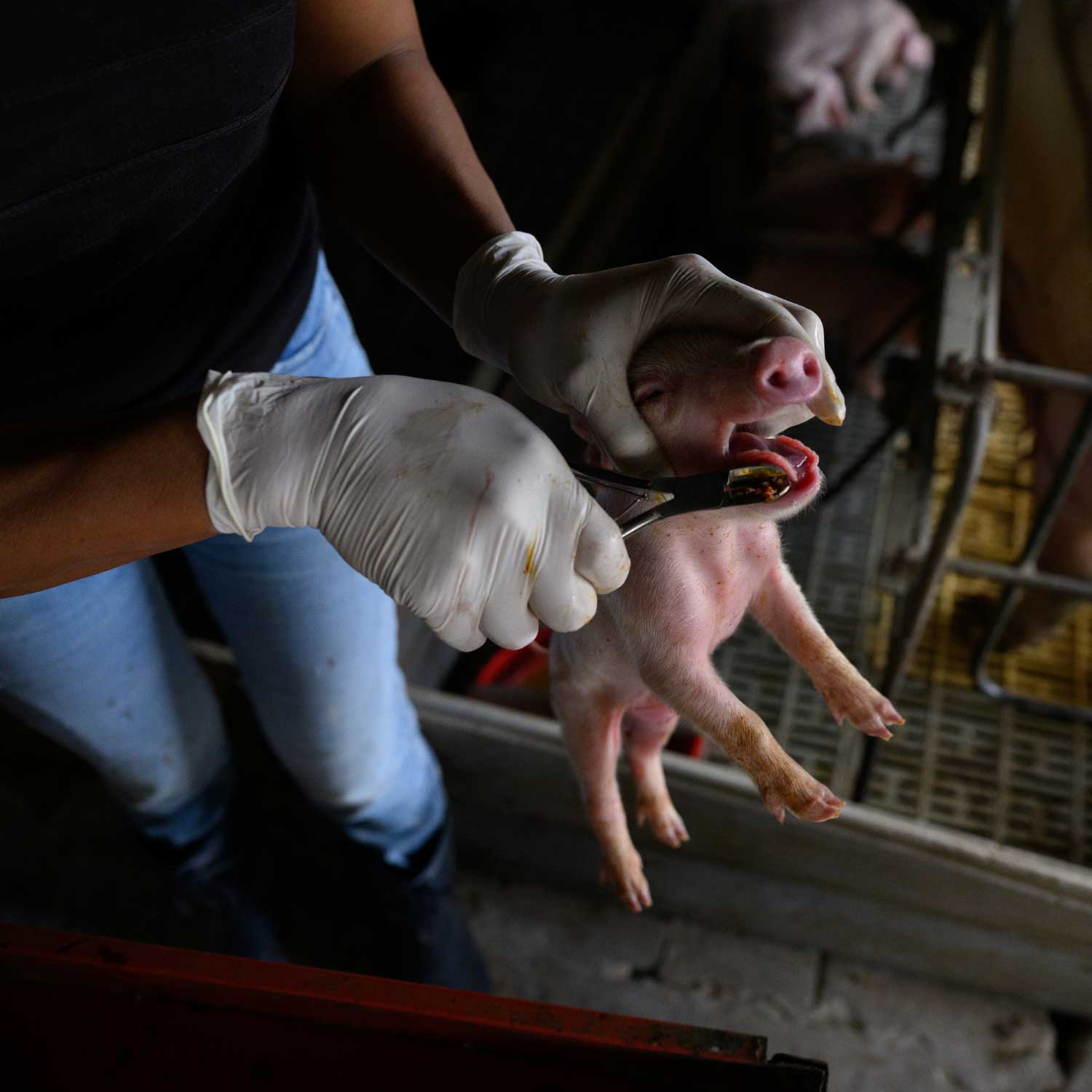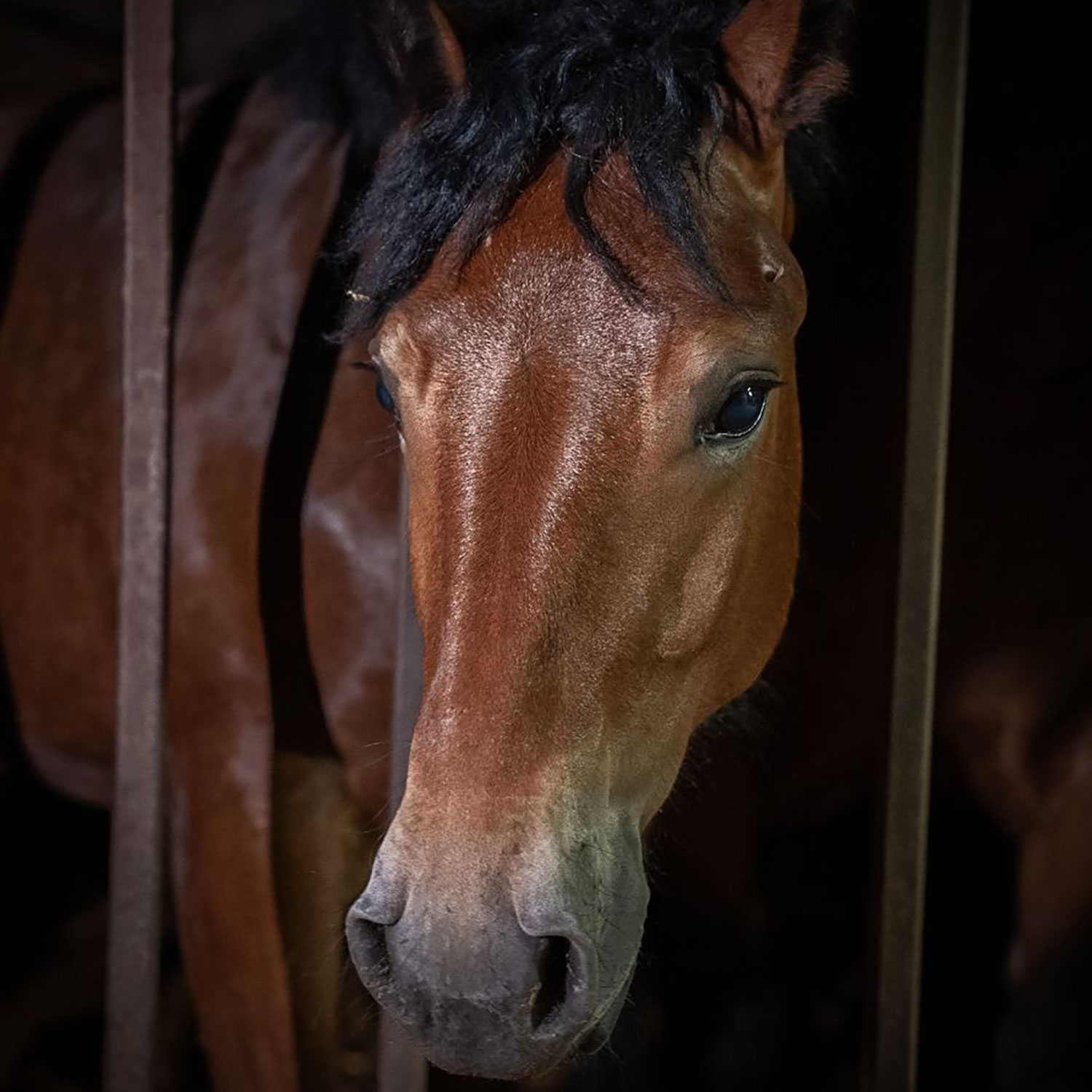New Images by Animal Equality Show the Short But Harsh Life of Chickens
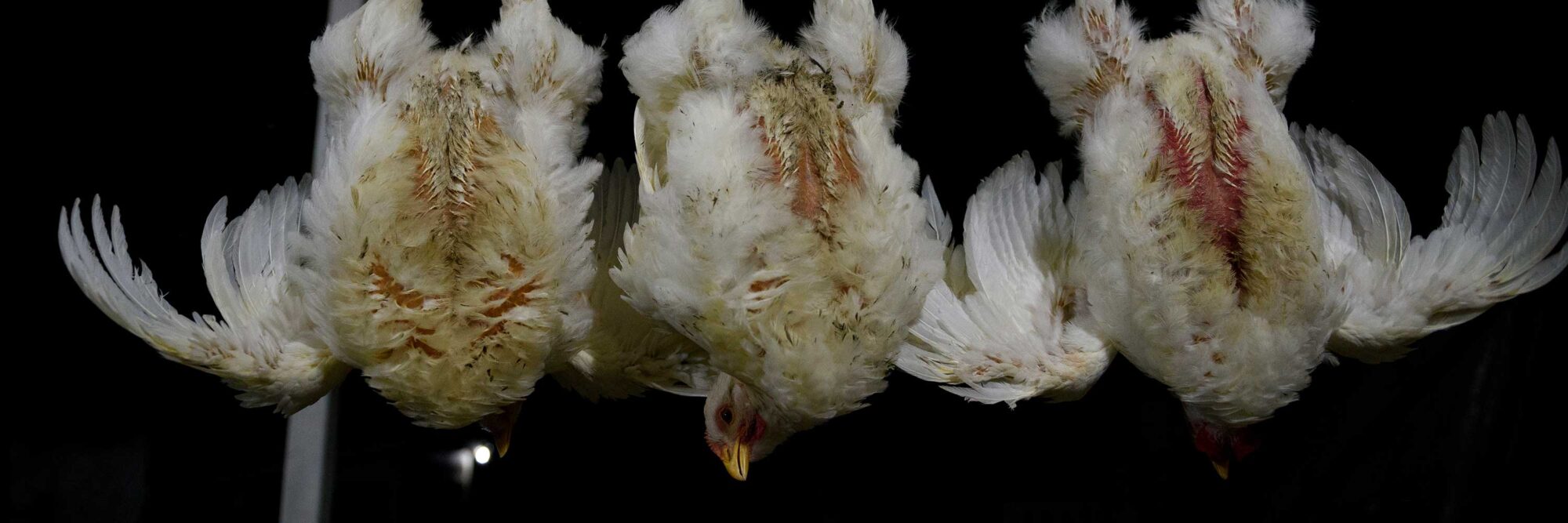
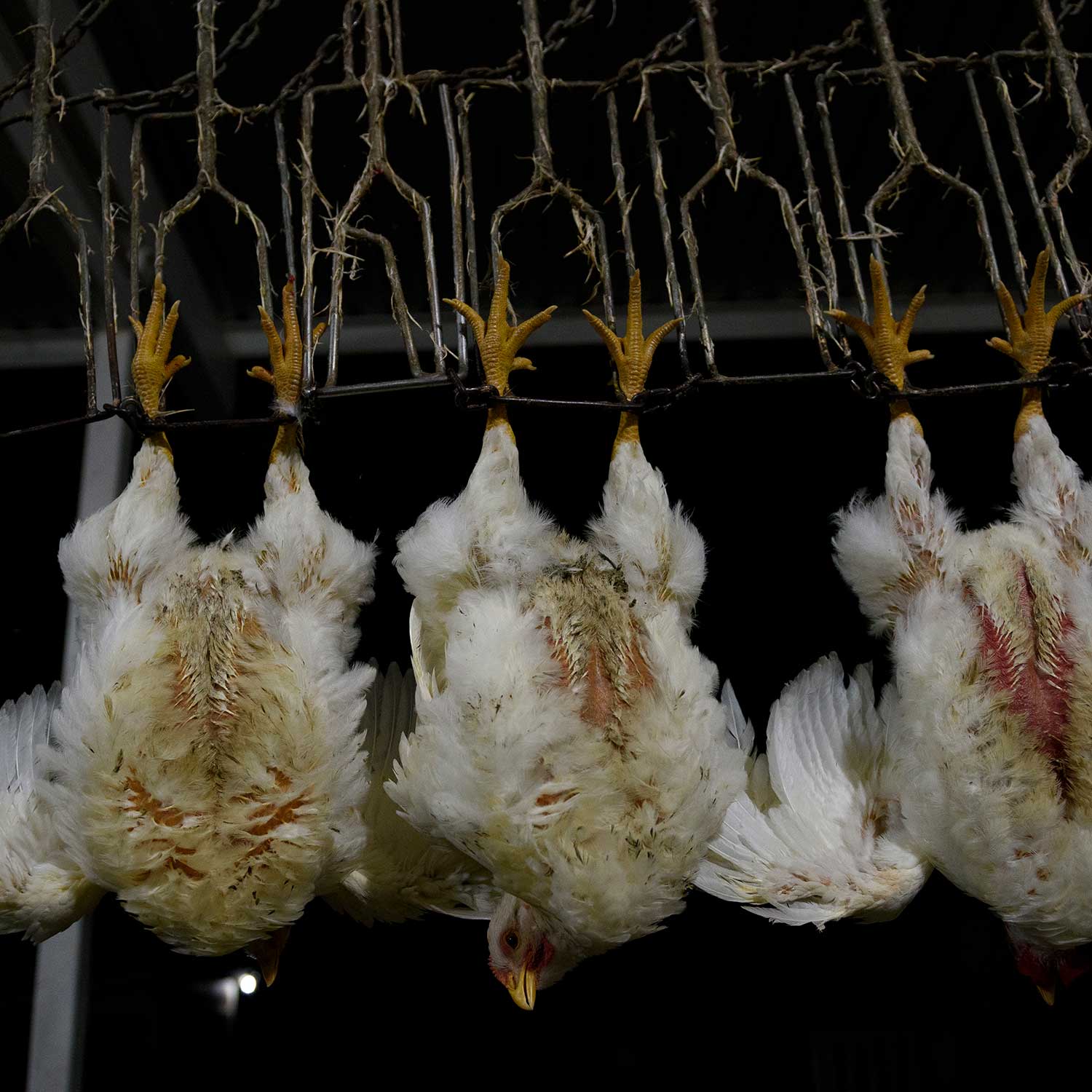
Animal Equality is a beacon of light that shines on the darkest corners of the agricultural industry worldwide. With a commitment to exposing the hidden truths behind the closed doors of factory farms and slaughterhouses, our global organization is a powerful force for change in the fight for animal protection. Animal Equality has been keeping a close eye on the developments in Jalisco, Mexico as part of its mission to further legal action and protection for animals in the country.
Our team in Mexico is releasing new details about the abuse of chickens within Mexico’s slaughterhouses. Through these new findings, we have exposed a disturbing pattern of cruelty, mistreatment, and regulatory non-compliance that has remained concealed from consumers and authorities.
The newly released documentation paints a picture of a chicken’s journey to the slaughterhouse. During transportation, workers forcibly handle birds by their legs, often causing injuries due to their rough and careless treatment.
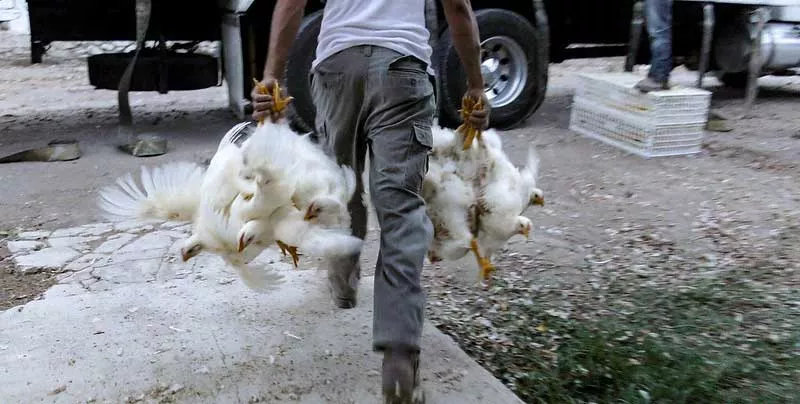
These circumstances are not isolated incidents but reflect a pervasive reality within the global chicken industry. The investigation proves that chickens are killed when they are only 42 days old, after enduring a brief life filled with mistreatment and pain.
Inaccurate Slaughtering Methods:
In some of the most shocking footage, investigators found chickens being slaughtered while fully conscious. According to the National Service of Agro-Alimentary Public Health, Safety and Quality (SENASICA) in Mexico, which involves the handling and slaughtering of animals for human consumption, the guideline for killing animals states that chickens are supposed to be stunned before slaughter.
Stunning is a process where an animal is rendered unconscious or insensible to pain before they are slaughtered, and it is intended, while still inhumane, to reduce the animal’s suffering and distress during the slaughter process.
According to our investigations, many chickens are not effectively stunned before slaughter, which means that they are still conscious or able to feel pain when they are killed. This can cause the animals to experience significant distress at the end of their lives.
The failure to effectively stun chickens before slaughter can occur for a variety of reasons, including inadequate training of slaughterhouse workers, poor maintenance of equipment, or the use of inappropriate or outdated slaughter methods. In some cases, slaughterhouses may prioritize speed and efficiency over animal welfare, which can result in chickens being subjected to a cruel death.
In some processing plants across Mexico, a cone-cutting system is employed. After stunning, the chickens are placed upside down in a cone-shaped device, where their throats are supposed to be swiftly cut within 20 seconds. The investigation reveals that this crucial step is often neglected, leading to prolonged suffering and non-compliance with regulations.
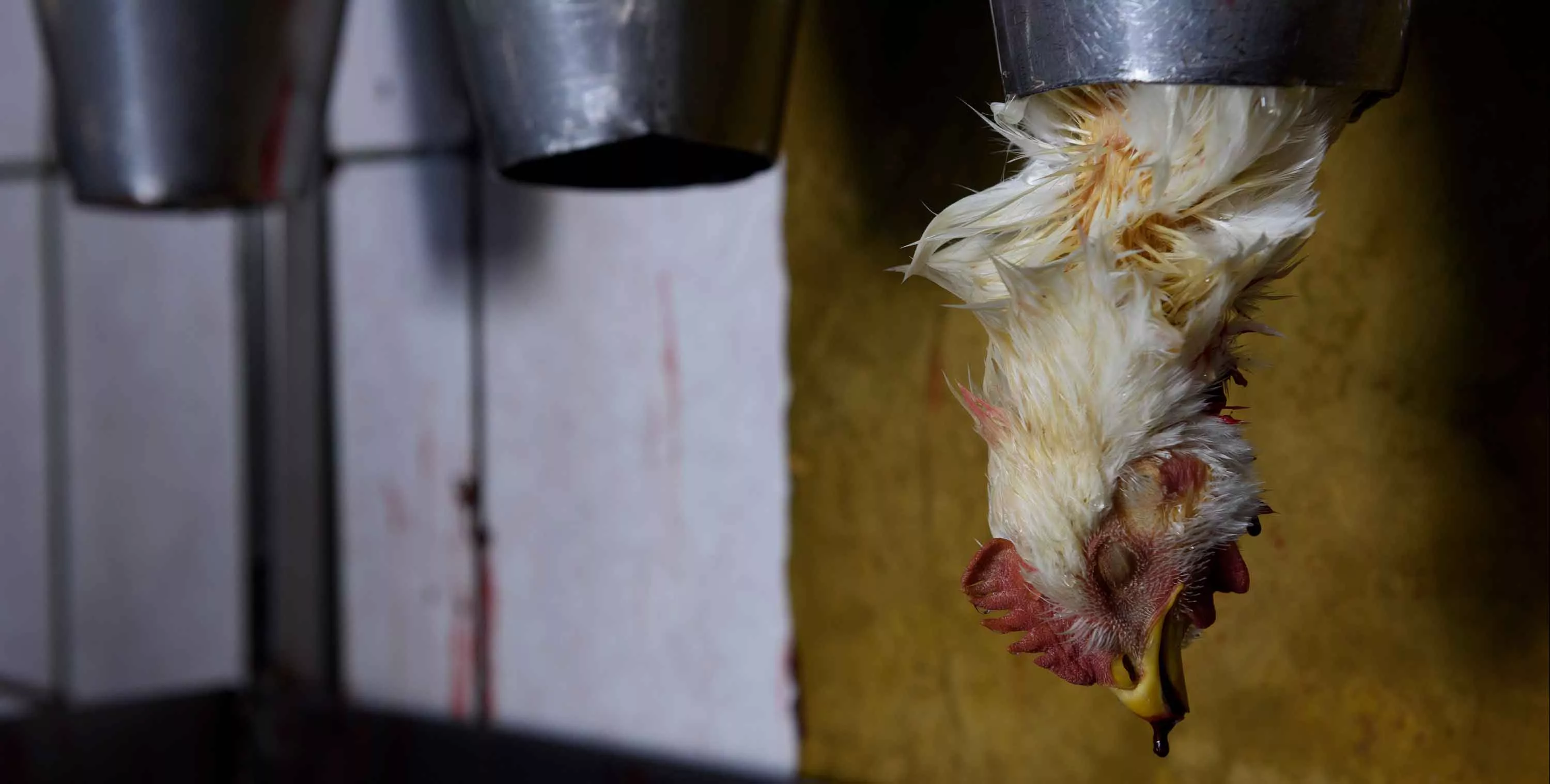
Videos obtained from the investigation depict hurt chickens being abruptly hung by their injured limbs upside down on rails. These chickens are then submerged in electrified water in an attempt to render them unconscious. However, the stunning process frequently fails, as evidenced by the birds’ signs of distress, including flapping, vocalizations, and attempts to stand up.
Consequently, these chickens have their throats sliced by the knife while conscious and able to feel pain.
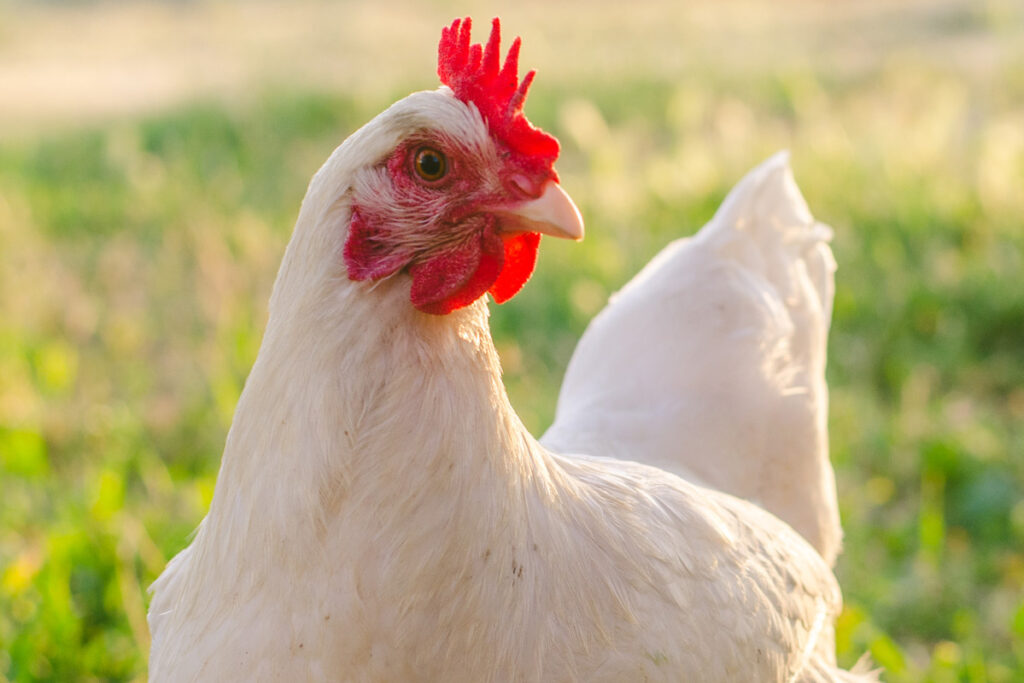
CHOOSE LOVE
Chickens are emotionally complex animals capable of empathy and forming special bonds with fellow animals.
Protect these sensitive and social animals by choosing plant‑based alternatives.
Breaking the Cycle of Torture: Advocating for Change in Chicken Slaughterhouses:
In 2021, Animal Equality conducted an extensive undercover investigation inside 21 slaughterhouses located in seven different Mexican states, which uncovered the extreme mistreatment of animals like cows, pigs and chickens. During our investigations, our team documented the practices that are frequently used in slaughterhouses across Mexico, including in government-owned facilities in Nuevo León, Aguascalientes, San Luis Potosí, Colima, Zacatecas, Nayarit, and Jalisco, where our new evidence of animal cruelty towards chickens was found.
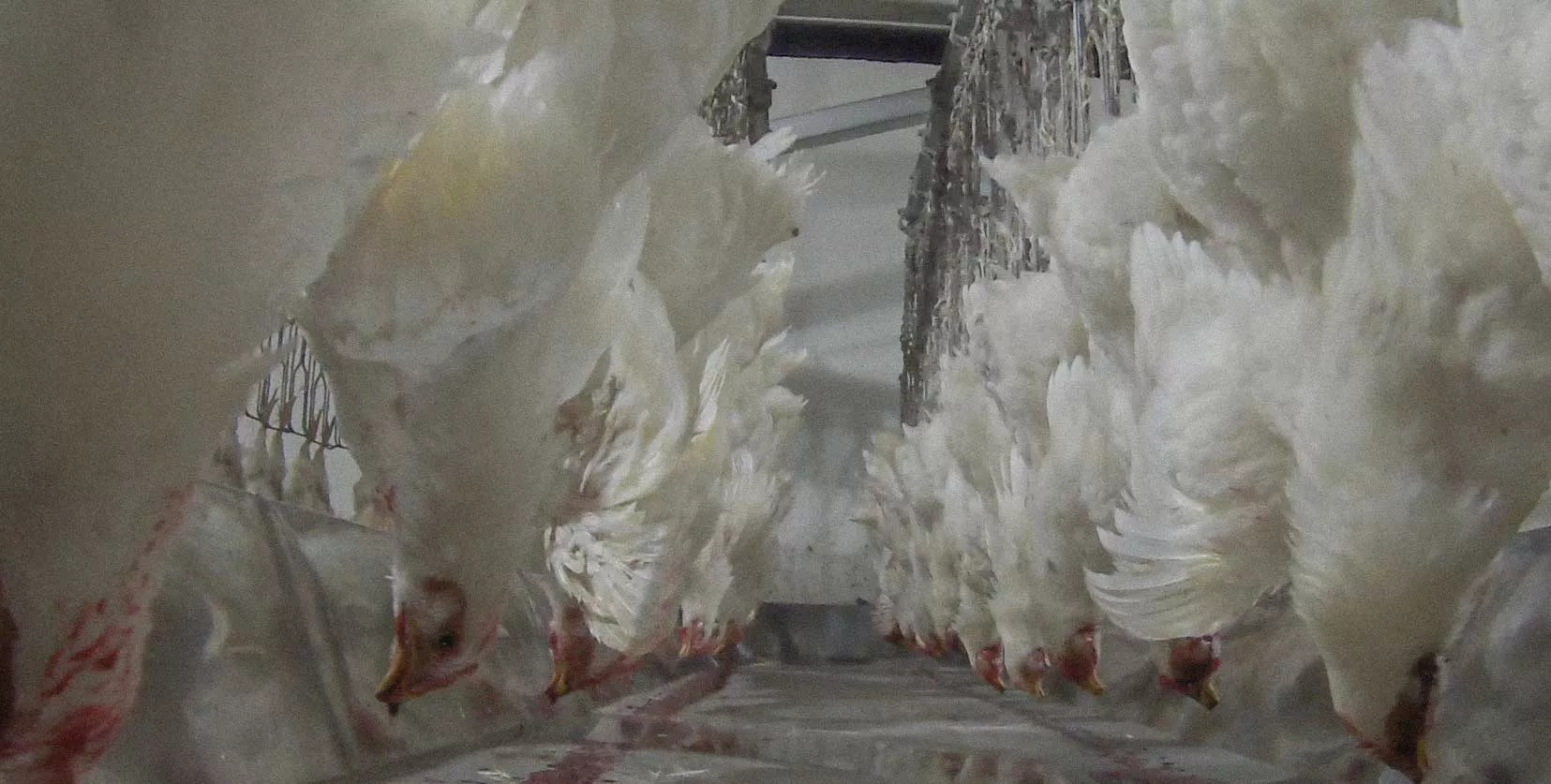
The images captured by our team provide proof of how these facilities consistently violate Mexico’s animal protection laws without facing any legal repercussions. In 2021, Mexico saw the slaughter of over 2.51 billion animals for food, with the majority being chickens. 98% of the animals slaughtered were chickens, while the remaining 2% consisted of pigs, cows, turkeys, goats, and sheep. This indicates that chickens are the most consumed, abused, and killed land animals in the country. These shocking figures reveal the scale of chickens used for meat within Mexico’s borders.
Animal Equality’s tireless efforts in exposing the reality chickens face have significantly impacted public awareness and consciousness. Many individuals have chosen to opt for cruelty-free alternatives and have begun substituting chicken in their diets.
All sentient animals, such as chickens, should have legal protection and should be monitored and sanctioned. The best way to change the lives of animals is to choose plant-based alternatives to meat, dairy and eggs.
Dulce Ramírez, Vice President of Latin America and Executive Director for Animal Equality Mexico
The time has come to confront the cruel practices and regulatory violations within factory farming. As consumers, each choice we make has the power to shape the lives of millions of animals.
Take Action for Animals
Show your support for this important cause and make your voice heard! Together, we can work towards a more humane and sustainable future for all animals. Join our End Factory Farming campaign by signing our petition today.
With the Love Veg movement growing by the thousands, it is becoming easier than ever to swap meat from chickens – as well as other animal products – for an endless variety of plant-based foods.
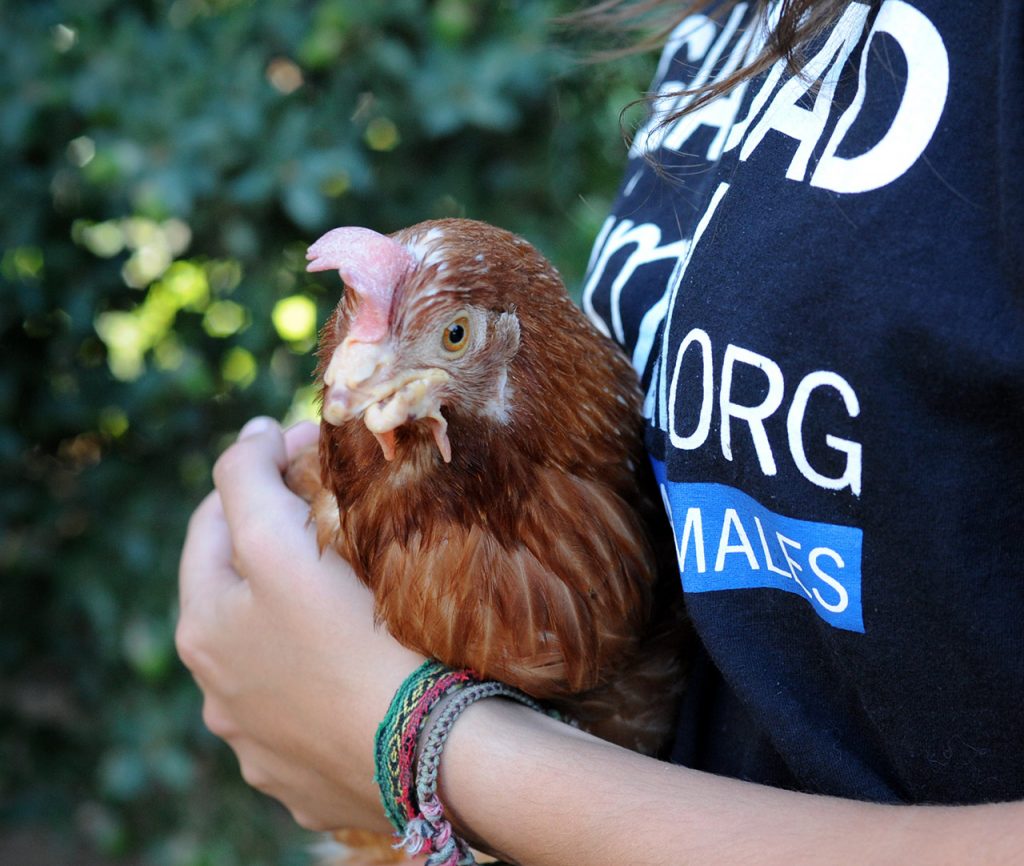
LIVE KINDLY
With rich emotional lives and unbreakable family bonds, farmed animals deserve to be protected.
You can build a kinder world by replacing animal food products with plant‑based ones.

